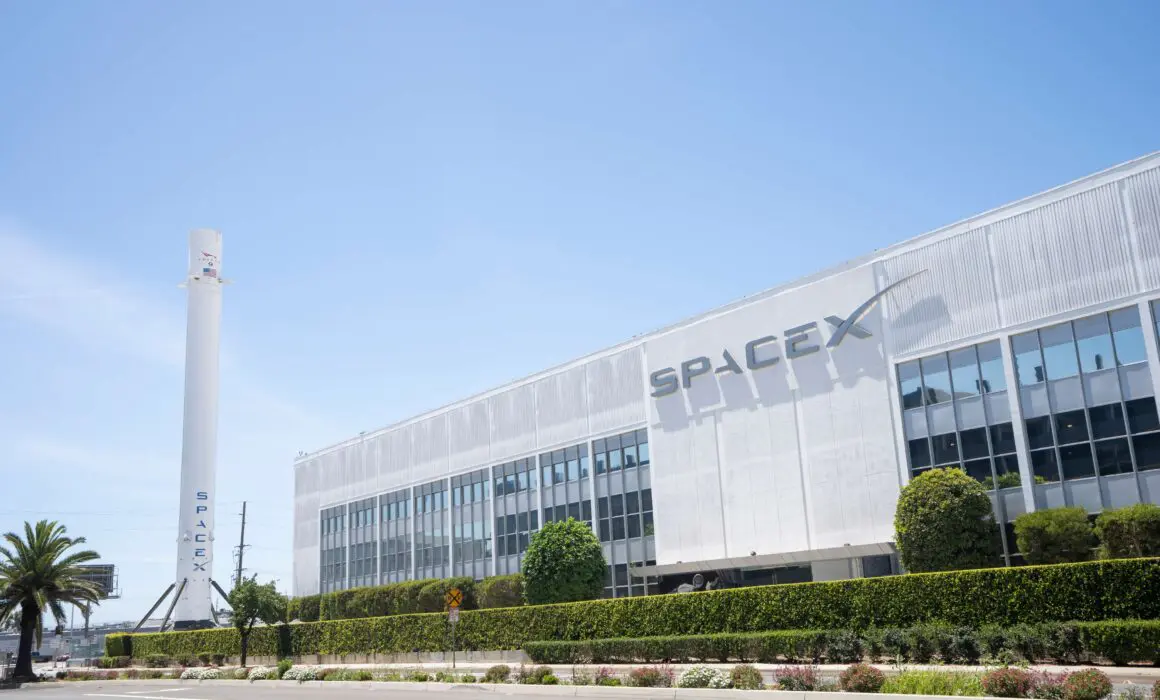The Most Promising Israeli Startups, Powered by Technion Minds

In a year marked by war, political upheaval, and global economic volatility, Israel’s tech sector continues to defy the odds — and the Technion is once again at the heart of its resilience. Three of the standout companies on Calcalist’s 2025 list of the 50 most promising Israeli startups — Decart, ForSight Robotics, and OX Security — all trace their roots to the Technion, where bold ideas and deep scientific training are shaping real-world solutions. These startups aren’t just succeeding; they’re changing the game across AI, healthcare, and cybersecurity.
Decart: Accelerating the Generative AI Revolution
Just 18 months after its founding, Decart has raised $53 million, earned a half-billion-dollar valuation, and captured the attention of top-tier venture firms like Sequoia Capital and Benchmark. At its core is a powerful systems-level AI infrastructure that enables a tenfold improvement in training and inference speed for large generative models, unlocking real-time AI applications previously limited to tech giants.
The company’s momentum is fueled by deep academic and technical foundations. Technion alumnus Dean Leitersdorf, Decart’s CEO and co-founder, launched the company with fellow co-founder Moshe Sason during a period of reserve duty — building their team and vision under extraordinary pressure. Their platform dramatically reduces the resource load of generative AI, allowing them to train and deploy their own foundational models. It’s a leap forward in making powerful AI not only faster and cheaper, but more accessible to companies and creators around the world.
ForSight Robotics: Precision Eye Surgery for a World in Need
More than 2 billion people worldwide suffer from vision impairment, but there aren’t nearly enough trained eye surgeons to meet the growing demand. ForSight Robotics aims to bridge that gap with a robotic microsurgery platform that delivers 10x the accuracy of a human hand. Their technology integrates robotics, machine learning, and computer imaging to perform delicate eye procedures with unprecedented precision, starting with cataract surgery.
The company was co-founded by Technion alumnus and company President and Chief Medical Officer Dr. Joseph Nathan. A practicing ophthalmologist and engineer, Dr. Nathan helped launch ForSight alongside Technion Professor Moshe Shoham, a pioneer in medical robotics and founder of Mazor Robotics. Together with CEO Dr. Daniel Glozman, they’ve built a platform with the potential to democratize surgical care, especially in regions with limited access to specialists. With the world’s aging population and rising chronic disease rates, ForSight’s mission is not just to enhance surgical performance, but to make sight-saving procedures globally scalable.
OX Security: Cutting Through the Noise in Cyber Defense
In today’s cybersecurity landscape, overwhelmed teams are bombarded with alerts — many of them low-risk. OX Security takes a radically different approach, focusing only on the small percentage of vulnerabilities that could truly cripple a business. That philosophy, born in the wake of the SolarWinds hack, has resonated strongly with customers and investors alike. Since emerging from stealth in 2022 with a $34 million Seed round — one of the largest in Israeli cybersecurity history — OX Security has quickly amassed hundreds of paying clients.
The company was founded by Technion alumnus Neatsun Ziv, former VP of Threat Prevention at Check Point, alongside CPO Lior Arzi. Both are Unit 8200 veterans and cybersecurity experts with decades of combined experience. Their mission is to cut through the noise, reduce alert fatigue, and help organizations defend themselves more effectively against the threats that truly matter. With most of its early competitors already acquired, OX Security is now a standout in a space that demands clarity, speed, and precision.
Together, Decart, ForSight Robotics, and OX Security reflect the Technion’s role as a launchpad for ideas that matter — and for startups built not just to survive disruption, but to lead through it.



